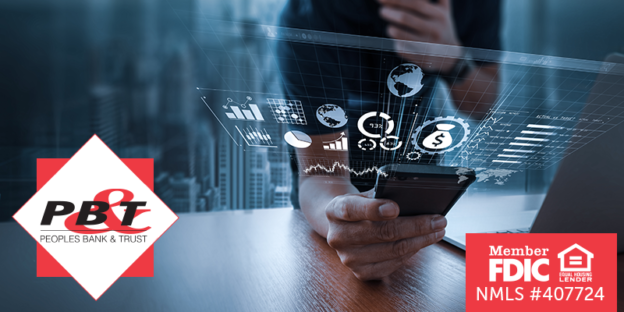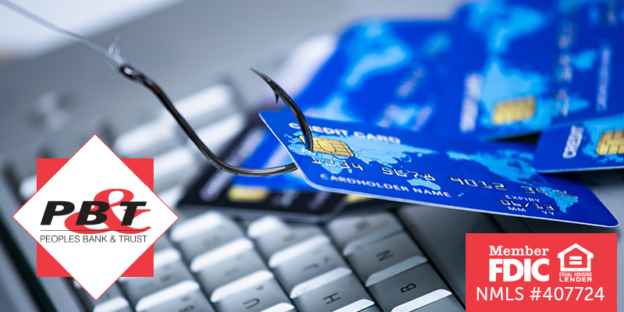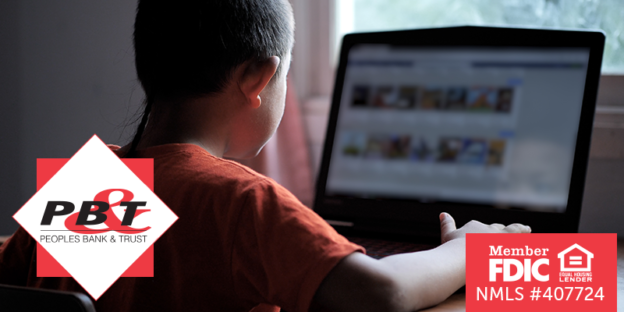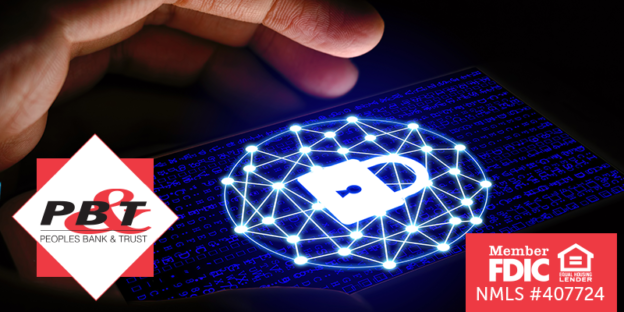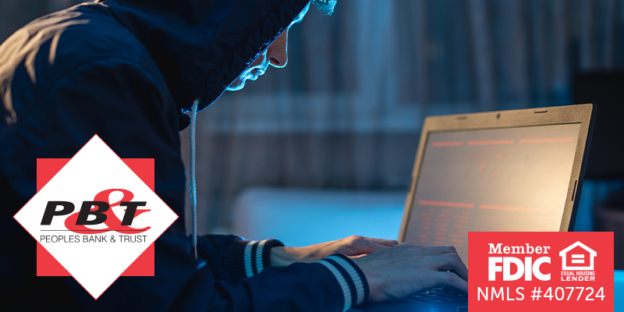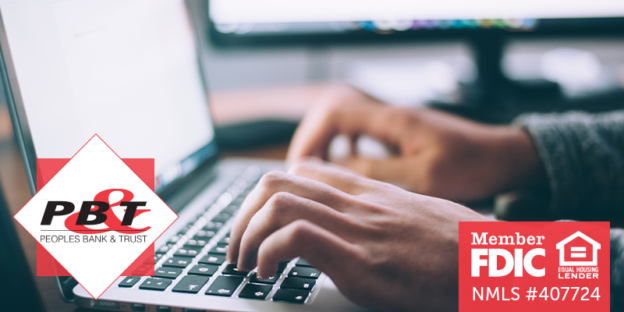Artificial Intelligence (AI) has emerged as a game-changer in various industries, and banking is no exception. The integration of AI technologies has revolutionized the way banks operate and interact with customers. One of the most significant transformations brought about by AI is the enhancement of the customer experience. In this blog, we will delve into how AI is reshaping the banking sector and elevating customer satisfaction to new heights.
Personalization
AI is now delivering individualized financial solutions to customers. From delving into your financial data to understanding spending habits and goals, to crafting tailored recommendations such as ideal investments or savings plans, AI’s deep insights guide you towards informed financial decisions. Effortlessly, AI keeps you in the financial loop with timely alerts, ensuring you stay on track. This new level of guidance empowers you to make choices aligned with your aspirations, making banking not just personal, but intuitive and empowering.
Virtual Assistants and Chatbots
In modern banking, virtual assistants and chatbots have revolutionized customer support. These digital helpers are available around the clock, providing instant assistance and information. They act as your personal banking guides, answering queries, offering explanations, and helping with tasks like checking your balance or transferring funds. Their user-friendly interfaces make interactions easy for everyone, ensuring you don’t need to be a tech expert to navigate them.
Fraud Detection and Prevention
In the world of banking, your security matters, and AI is at the forefront of safeguarding your accounts. AI closely monitors your transactions, detecting any unusual activities and flagging potential threats. It ensures a rapid response by alerting the bank’s security team, and with each encounter, AI learns and becomes even better at identifying new fraud tactics. Through the analysis of extensive data, AI enables banks to implement advanced security measures that protect your personal and financial information.
Credit Scoring and Risk Assessment
AI has revolutionized credit scoring and risk management in banking, creating a fairer and more inclusive system. It goes beyond traditional credit metrics, considering a wide array of factors to offer credit access to those with limited credit history. By incorporating diverse data sources like social media and online behavior, AI ensures that lending decisions are inclusive and reflective of individual financial behavior. Moreover, AI-driven processes help mitigate unconscious biases, promoting equitable access to financial opportunities. Through its predictive capabilities, AI enhances risk assessment accuracy, benefiting both lenders and borrowers by tailoring loan terms to individual circumstances.
Predictive Analytics for Customer Behavior
By analyzing your past actions, AI anticipates your future moves, allowing your bank to offer timely services and solutions tailored to you. Whether it’s suggesting a savings plan based on your spending habits or providing credit options aligned with your goals, AI’s insights lead to recommendations that match your unique needs. No more sifting through irrelevant offers – AI ensures that the promotions and deals you receive are perfectly suited to your interests.
If you’re excited about experiencing the transformative power of AI in banking, look no further than Peoples Bank & Trust. Join us on this journey of innovation and convenience as we leverage cutting-edge AI technologies to provide you with a seamless, secure, and personalized banking experience. Your financial aspirations are our priority, and AI is our tool to make your banking experience truly exceptional. Discover the future of banking with Peoples Bank & Trust today!


